Description
Fire and Rescue Incident Command provides a comprehensive guide to incident ground operations, from small house fires and road traffic accidents, to widespread wildfires, high-rise operations and major transport disasters. It explores the tactics and strategies available at an incident, the roles and responsibilities of the Incident Command and those under his/her command, the legal framework within which fire ground activities must operate, good communications practice and protocols, and of course the tactics needed to ensure the safety of the public, property and the firefighters on the front line.
Audience
Incident commanders, trainee incident commanders, fire and rescue service headquarters, fire stations, fire training centres.
Details
ISBN: 978-1-912755-09-7
Publish date: July 2019
Format: Paperback
A practical book providing current and potential Incident Commanders with a broad understanding of what is expected of them, and the processes and systems that the British Fire and Rescue Service uses, to safely command an incident.
Fire and Rescue Incident Command provides a comprehensive guide to incident ground operations, from small house fires and road traffic accidents, to widespread wildfires, high-rise operations and major transport disasters. It explores:
- The tactics and strategies available at an incident
- The roles and responsibilities of the Incident Commander and those under his/her command
- The legal framework within which fire ground activities must operate
- Good communications practice and protocols
- The tactics needed to ensure the safety of the public, property and the firefighters on the front line
The overall aim of this book is to guide you through some of the key issues that face Incident Commanders in the modern fire and rescue service, to identify good practice, and to present real-life examples of a wide range of incidents and the lessons that can be learned.
Content
Chapter 1: Introduction
Chapter 2: Leadership and command at critical incidents – an immediate challenge
Chapter 3: Fireground strategy, tactics and tasks – a refresher
Chapter 4: Incident command systems
Chapter 5: The application of legislation at incident grounds
Chapter 6: Information gathering and situational awareness
Chapter 7: Decision making and the development of the plan
Chapter 8: Organising the incident ground
Chapter 9: Organising the incident ground – the command support function
Chapter 10: Safety on the incident ground (part 1)
Chapter 11: Safety on the incident ground (part 2)
Chapter 12: Communications
Chapter 13: Closing down an incident
Chapter 14: Debriefing and learning lessons
Chapter 15: Working together: Intra-operability and JESIP
Chapter 16: Major incident management – the UK Concept of Operations
Chapter 17: Concluding thoughts: the fire and rescue service and the future
Authors
Mark Taylor MA, PG Cert HE, FHEA, GI Fire E
Mark worked for the Fire and Rescue Service for over 30 years in strategic roles including Operations Commander, Head of Command and Operational Training and Head of Terrorism and Contingency Planning for West Midlands Fire and Rescue Service. He has been involved in a wide range of major incidents and exercises at national and international level, including the 2007 floods and the Birmingham riots. As a senior lecturer at the Emergency Planning College and the Fire Service College, he has developed a range of programmes and courses which meet both practical and organisational needs of national and local Government, fire and rescue services, businesses and the academic requirements of students and tertiary institutions.
Tony Prosser BSc(Hons), MSc, MBA, MEPS, FHEA, FI Fire E
Tony served in the UKFRS for 30 years including 23 years as a senior operational command officer in roles from Station Commander to Brigade Commander. His managerial roles include Director of Operations, Strategic Lead for Development and Head of Fire Protection and Prevention in West Midlands Fire Service and Head of Fire Protection in Oxfordshire FRS. He has been responsible for some of the largest incidents in West Midlands in recent years! He is a senior lecturer at the University of Wolverhampton and has worked as an incident command assessor at the Fire Service College, taught emergency planning and incident management for the Emergency Planning College and the International Fire Training centre. He has been a correspondent for FIRE Magazine for over 15 years and writes on operational, fire and community safety and FRS political issues.
Artemis Training and Development
On leaving the FRS in 2012, Mark and Tony formed Artemis Training and Development to deliver incident command training to a wide range of public and private sector fire and rescue services, airport rescue and firefighting services, national companies including National Grid, Network Rail, High Speed 1 and created a series of Fire and Rescue Degree programmes at the University of Wolverhampton.

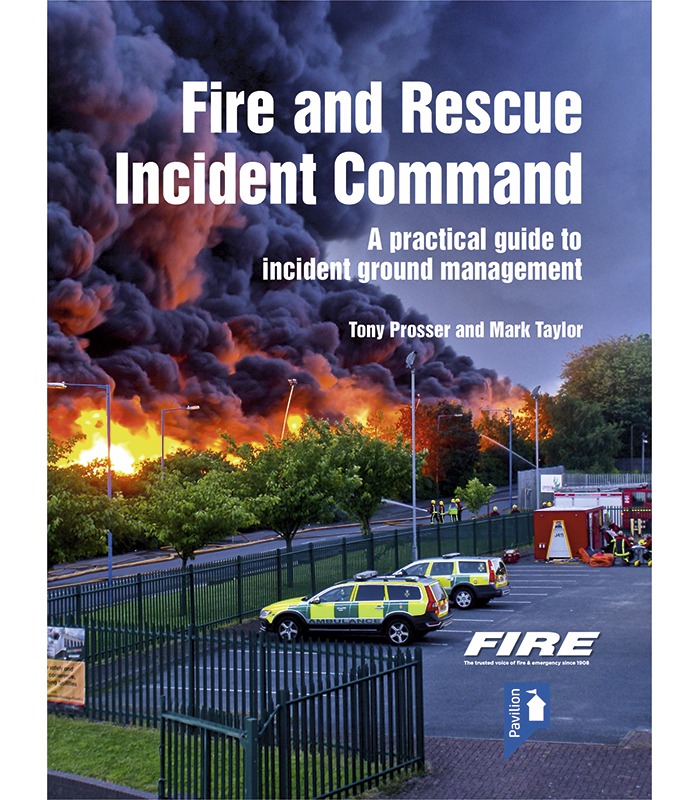
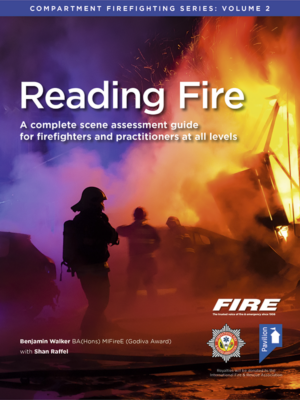
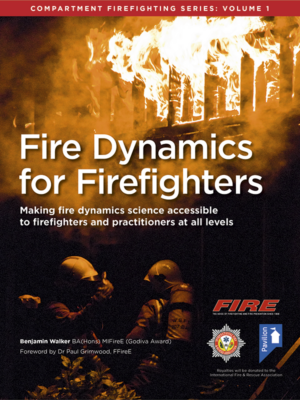
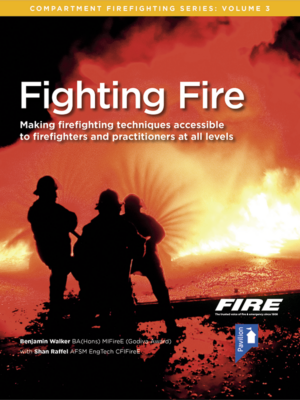
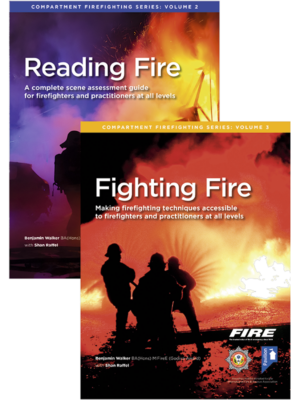
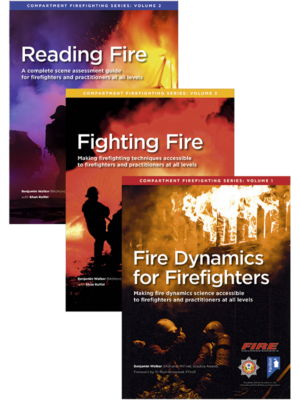
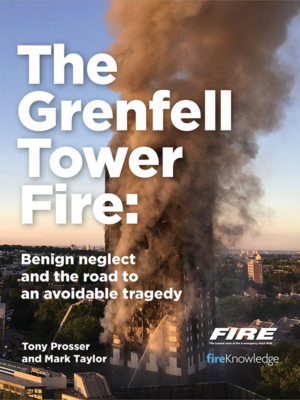
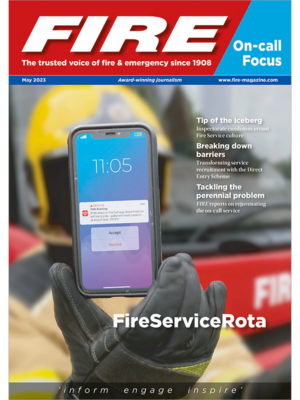
P Hill, Fire Service Incident Commander, Lecturer and Command Assessor –
A well written book using plain English supported by obvious experience and a wealth of knowledge.
Having read many books on incident command from the old fire service manuals to the NOG and foundation document I can honestly say that this is a must read for anyone in the fire and rescue service whether a current incident commander or those aspiring to be. It is well written using plain English with only the most relevant of acronyms. Tony and Mark both utilise a wealth of operational and strategic experiences to re-enforce the areas covered and leave the reader with a good understanding of all the intricacies of incident command and ways to avoid the traps which can and will sneak up on you.